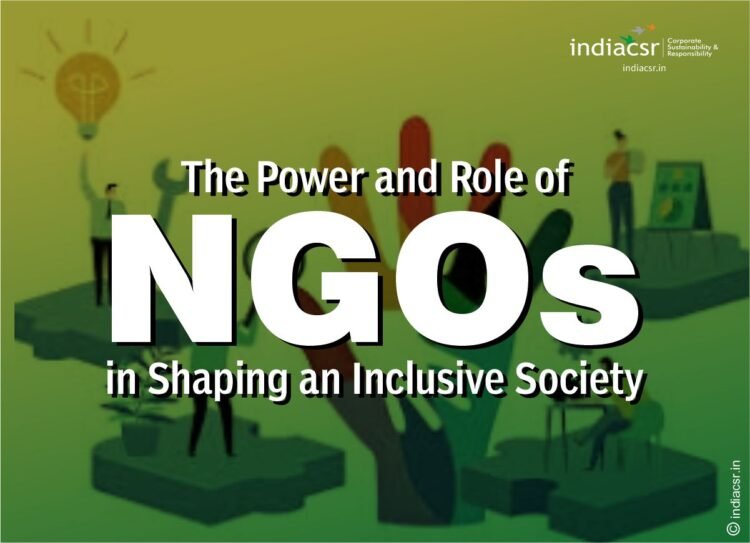A World Seeking Inclusivity
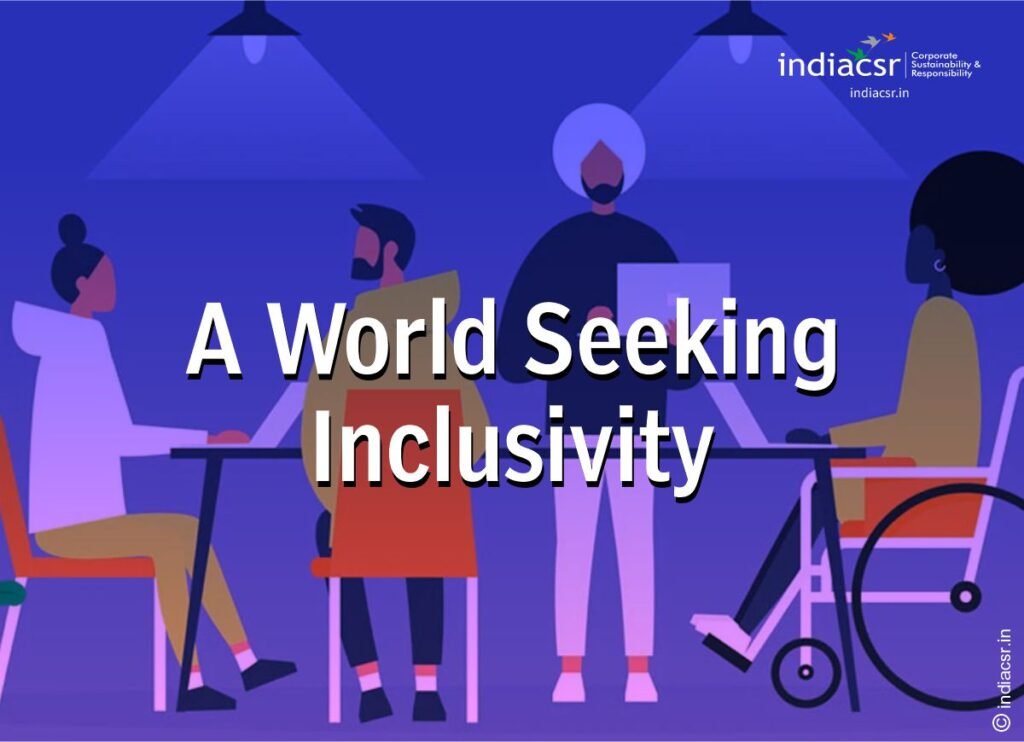
Today, we live in a world marked by growing awareness about the diverse tapestry of cultures, ideologies, abilities, and lifestyles that comprise it. The term ‘inclusivity’ now pervades discussions across various societal strata, representing a global aspiration to create an equitable and just society that embraces all. As powerful instruments of social transformation, Non-Governmental Organizations (NGOs) play a pivotal role in this discourse, fostering inclusivity through various initiatives and programs.
NGOs as Catalysts for Inclusivity
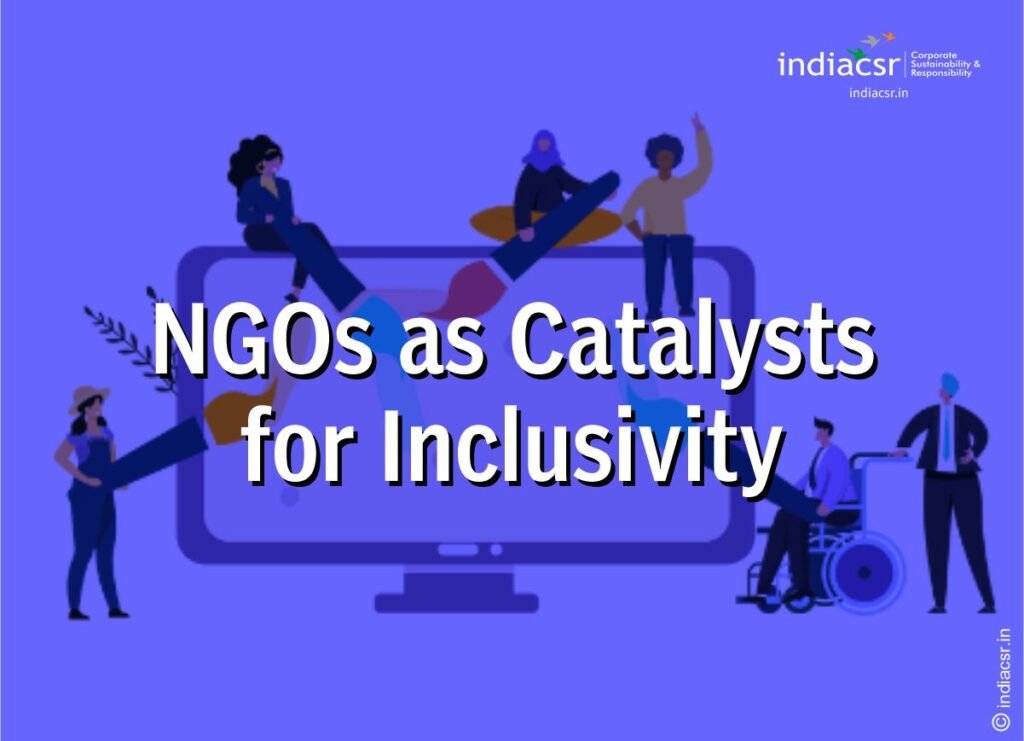
Non-Governmental Organizations, by their very nature, bridge the gap between governmental institutions and the civil society, often acting as the voice of the marginalized. These organizations, often founded on principles of social justice and equity, strive to ensure that society’s benefits are extended to all. Their missions range from tackling discrimination to providing essential resources and services, making NGOs critical pillars of an inclusive society.
Power of NGOs: Agents of Change and Advocacy
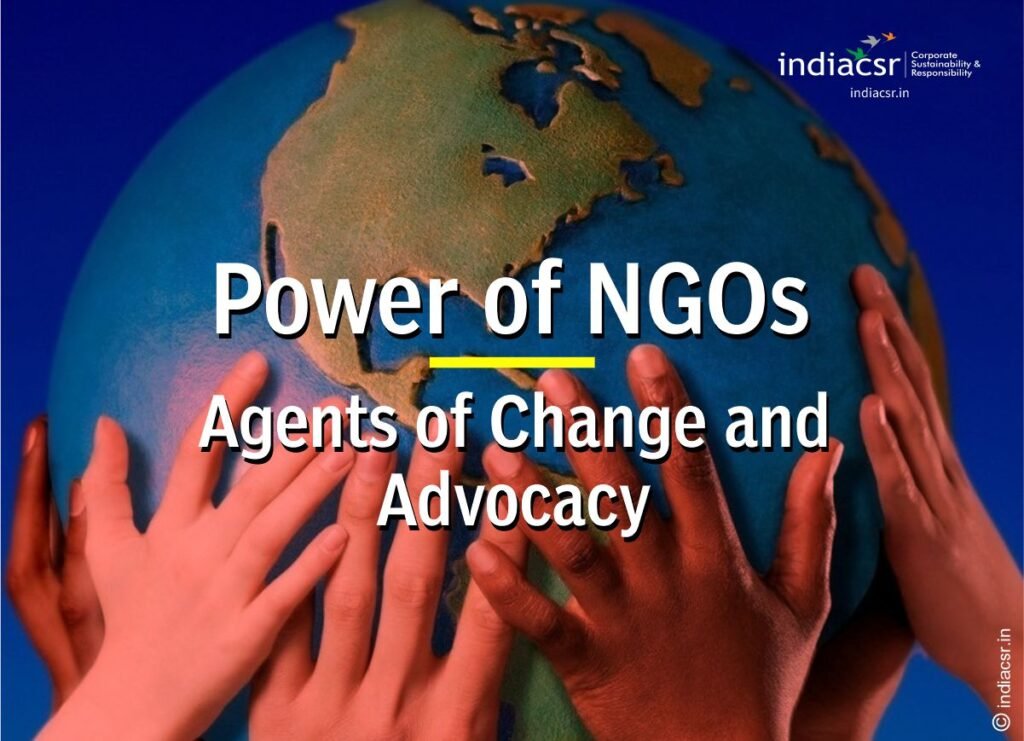
NGOs wield significant power in driving the inclusion agenda through two primary pathways: direct action and advocacy.
Direct Action: Empowering the Marginalized
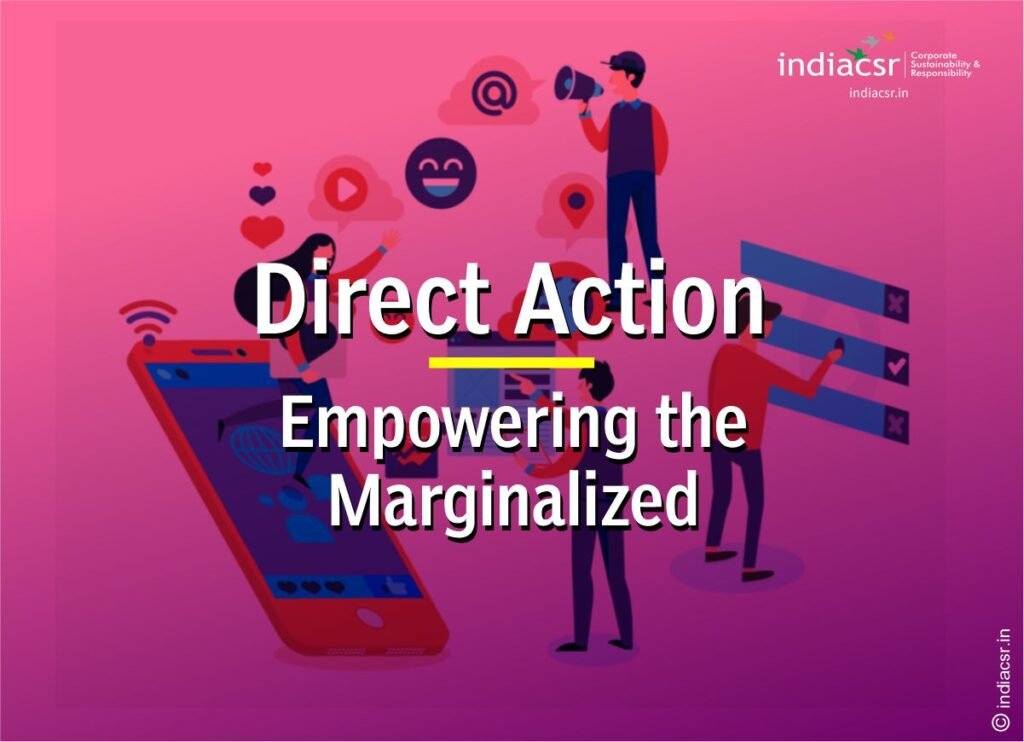
NGOs’ ground-level work involves a range of activities, from delivering services to neglected communities, to implementing projects that uplift the underprivileged. These organizations often work in regions where government reach is limited, providing vital resources such as education, healthcare, and livelihood opportunities. By doing so, they actively dismantle systemic barriers and open up new opportunities, empowering marginalized groups to participate fully in society.
Advocacy: Shaping Inclusive Policies
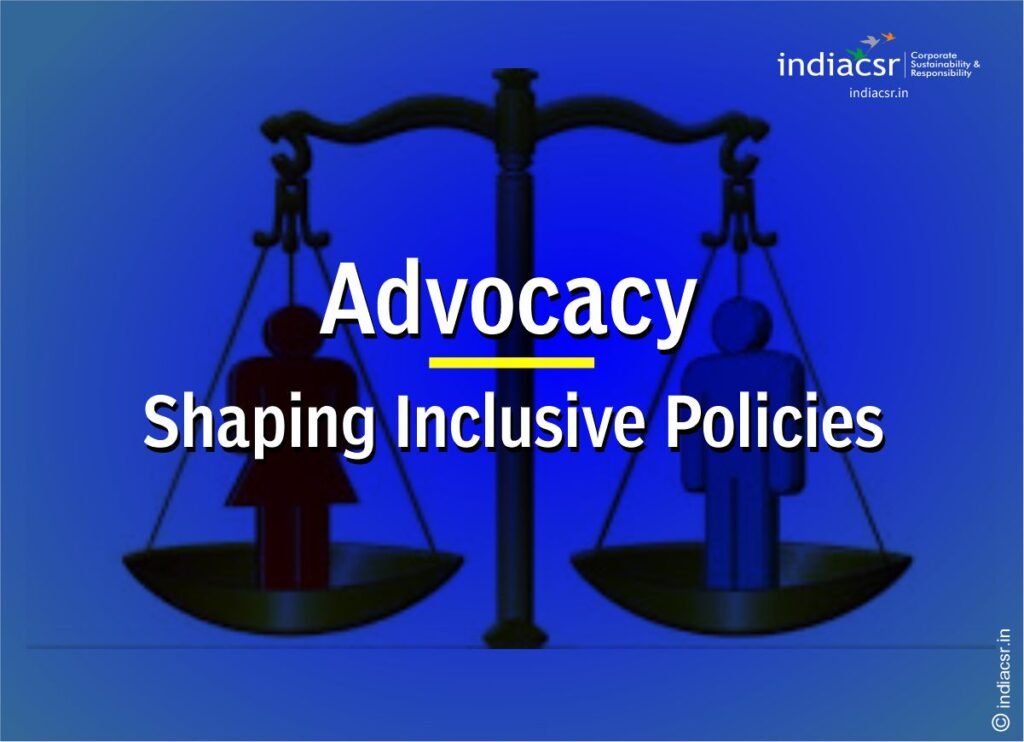
NGOs are also instrumental in policy advocacy, lobbying for the rights and needs of underrepresented communities. They amplify these communities’ voices, ensuring their concerns are acknowledged in policy-making arenas. NGOs’ relentless advocacy often results in more inclusive and equitable legislation, thus reinforcing the foundation of an inclusive society.
The Role of NGOs in Key Spheres of Inclusivity
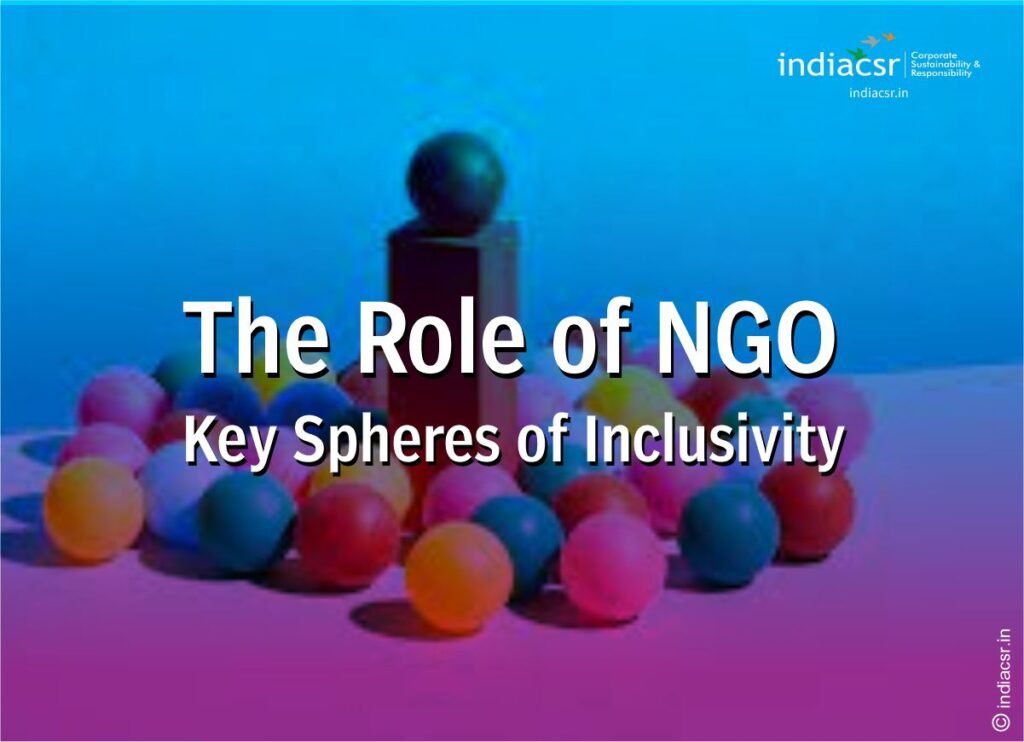
NGOs’ work spans various domains in the pursuit of a more inclusive society. Some key areas include:
Promoting Social Inclusion
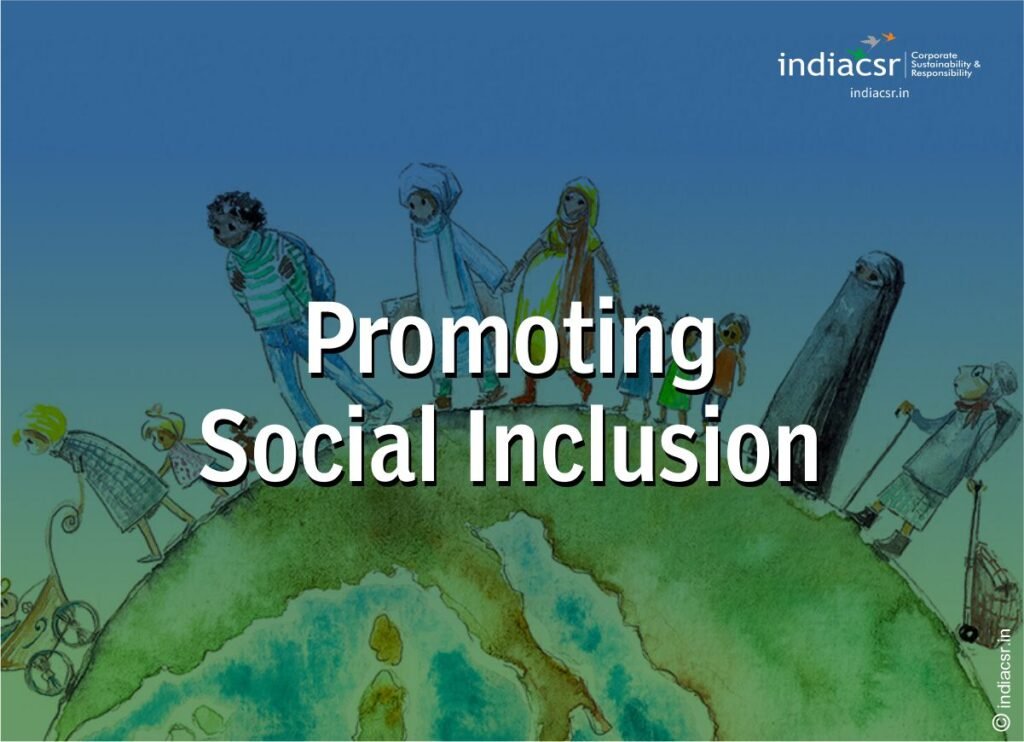
Many NGOs operate with the explicit aim of fostering social inclusion, combatting prejudice and discrimination. They organize sensitization programs, community-building events, and public campaigns to promote mutual respect and understanding among diverse societal groups.
Advancing Economic Inclusion
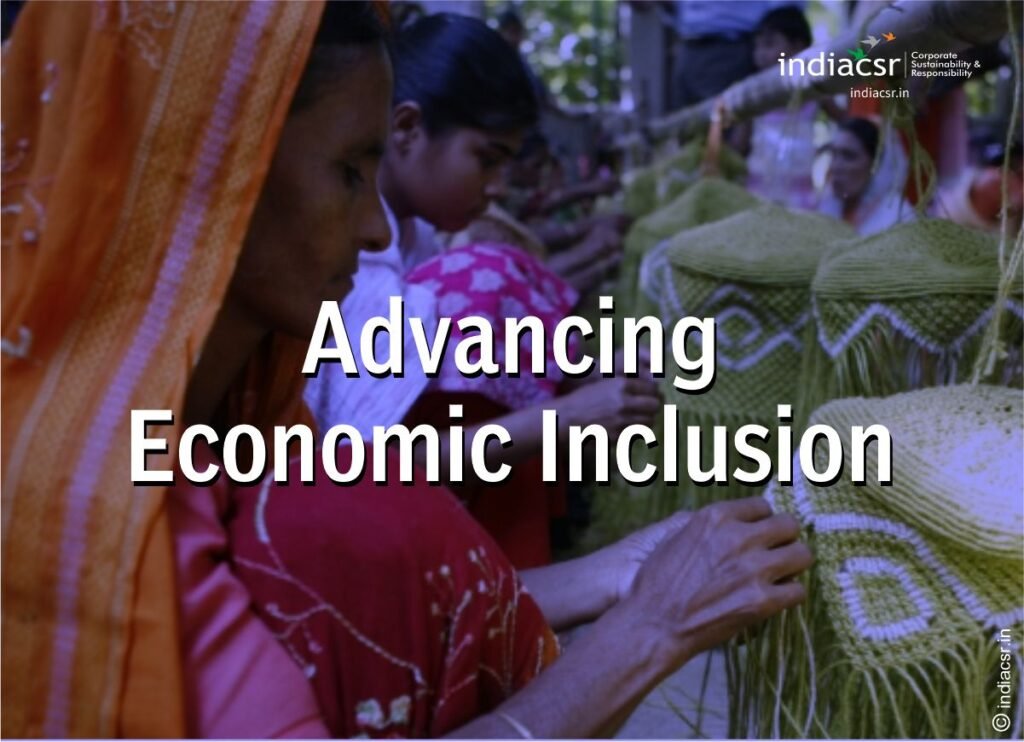
NGOs play a substantial role in promoting economic inclusivity. They provide vocational training, financial literacy programs, and microcredit facilities to marginalized communities, thereby enhancing their economic security and independence.
Fostering Educational Inclusion
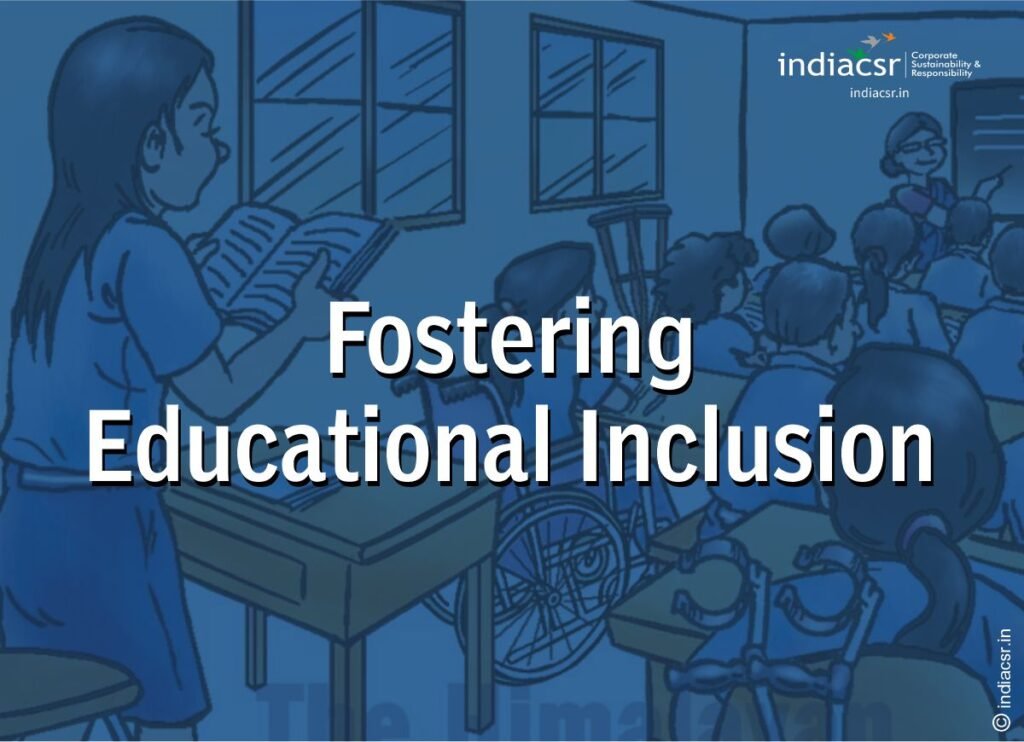
NGOs are at the forefront of initiatives aimed at educational inclusion, ensuring that all children, irrespective of their background, have access to quality education. These efforts range from building schools in remote areas to advocating for inclusive education policies.
NGOs, the Bedrock of an Inclusive Society
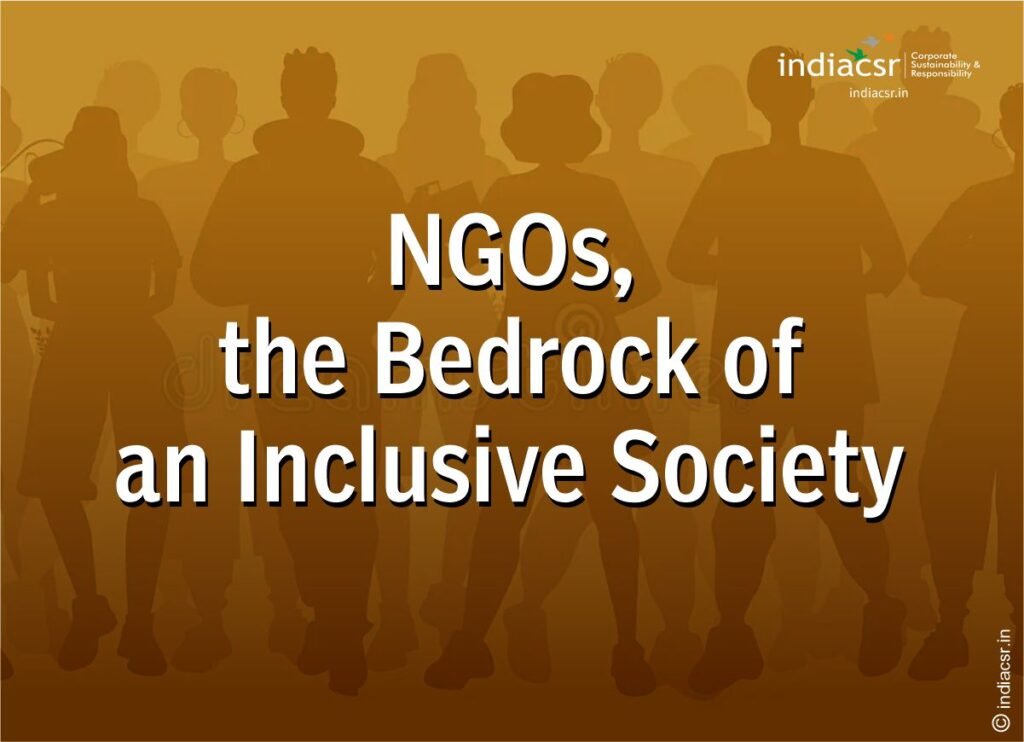
The influence of NGOs in shaping an inclusive society is profound. These organizations, through their direct action and advocacy, work tirelessly to ensure everyone has the opportunity to participate fully in society. While there is still much work to be done, NGOs remain an indispensable ally in the ongoing quest for inclusivity. As we continue to navigate the complexities of our diverse world, the role of NGOs in fostering an inclusive society will remain as relevant as ever.



